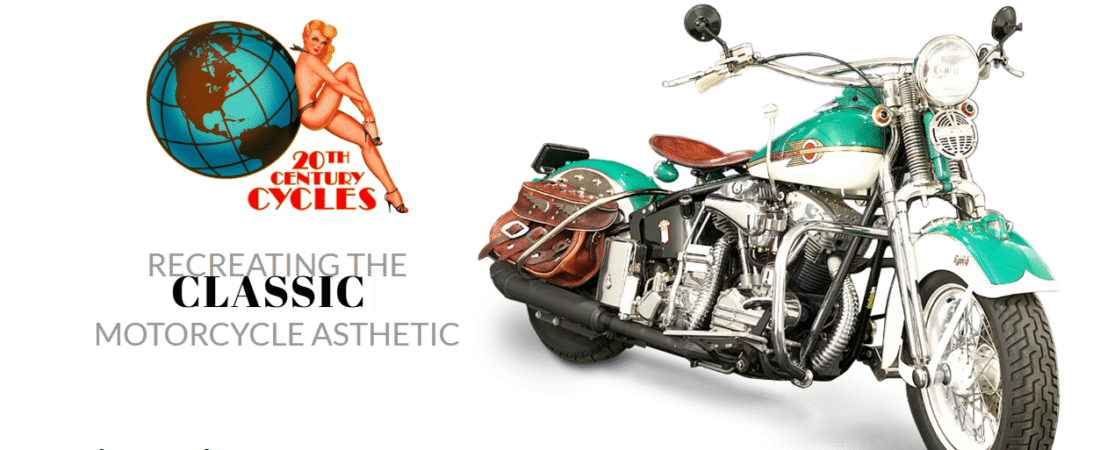How a piano man built a free “museum,” bonded a town, and faced change with grace. This article may contain Affiliate Links.
Billy Joel’s story has always been bigger than the spotlight. Away from sold-out arenas, he spent weekends in a quiet corner of Oyster Bay surrounded by steel and chrome, oil and patina—curating a motorcycle collection that told America’s story in metal. For 15 years, his shop, 20th Century Cycles, wasn’t a celebrity vanity project; it was a free local museum, a gathering place for riders, families, and the simply curious. Now, as the shop closes and his collection heads to auction, Joel’s love for motorcycles reveals a deeper narrative about passion, community, and change. You can LISTEN to the story here on YouTube.
The Origin: A Passion That Outran Fame
- Long before it had signage, the idea behind 20th Century Cycles was personal. Joel envisioned a place where the “lost aesthetic” of 1930s–1960s design could be seen up close: the lines, the paint, the engineering choices that defined eras—and inspired imagination. He wasn’t selling celebrity; he was showcasing history.
- The shop opened in November 2010 in Oyster Bay, not far from where Joel grew up. It quickly became a weekend waypoint—an open door for anyone riding through or strolling Main Street, a reminder that great design is meant to be shared, not hidden away.
A Collector With a Curator’s Eye
- Over three decades, Joel assembled a collection of more than 75 motorcycles, many of them vintage European and American machines. The appeal wasn’t just power—it was the poetry of proportion and the craftsmanship of analog design.
- Restoration and maintenance were part of the joy. In the same way a songwriter hears what a melody could become, Joel saw what a weathered frame could be with patience, parts, and pride. The shop wasn’t a dealership first; it was an exhibit. Parts sales were there, sure—but the point was to let people see the bikes for free.
Community: A Free Museum With a Local Heart
- On weekends, 20th Century Cycles felt like a clubhouse without the velvet rope. Riders swapped stories. Kids pressed up against the glass. Locals watched out their windows for the chance to say hello. Visitors described it as a destination—“one of the prime things to do in Oyster Bay”—not because it was famous, but because it felt welcoming.
- Joel’s presence mattered. He wasn’t a distant name on a lease. People remember him simply showing up—kind, approachable, steady. The town recognized the bond: in 2023, part of the road outside the shop was named Billy Joel Way, a tribute meant to last beyond the building itself.
Design, Risk, and the Road
- Joel’s motorcycle life mirrors what makes his music endure: balance, pacing, clean transitions, a feel for when to open the throttle and when to let the moment breathe. Riding demands attention and respect for risk. It’s focus as meditation—a different stage, same craft.
- For a performer, the road offers solitude without isolation, motion without noise. In that quiet, mechanical rituals—checking a chain, listening for a misfire—become a way of thinking, a discipline that echoes the care put into arranging a song.
A Turning Point: Health, Change, and Letting Go
- In recent months, Joel shared a diagnosis of normal pressure hydrocephalus (NPH), a condition that impacted his balance, hearing, and vision. He paused touring on doctors’ advice and began physical therapy—an honest, public acknowledgement that health sometimes redraws the map.
- Alongside stepping back from performances, Joel chose not to renew the lease for 20th Century Cycles and began preparing to auction his collection. The bikes have already left the shop; recent weekends focused on selling parts and clearing the space. It’s the close of a chapter—but not the end of what it meant.
What Remains
- A road still bears his name. A town still tells stories. A generation of riders and visitors can now recognize a Vincent or a BSA on sight because a musician decided to make his private love public. That’s legacy.
- Passions evolve. Sometimes the way we connect to them has to change. Joel’s motorcycles showed that art isn’t limited to a stage; it lives in the way a machine is restored, a space is opened, a community is invited in.
Sources
AFFILIATE DISCLAIMER – Products purchased though our links may earn us a small commission at no additional cost to the buyer. Links below are AFFILIATE LINKS.



